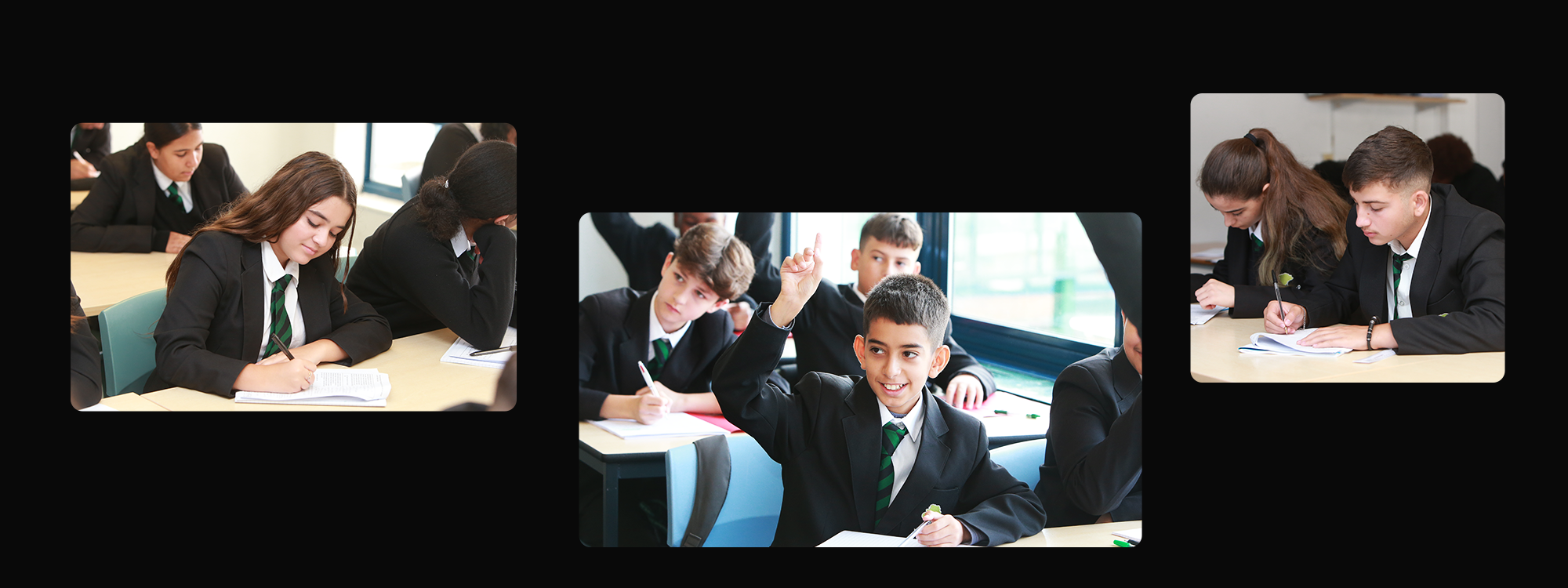"Learning another language is not only learning different words for the same things, but learning another way to think about things"
Flora Lewis
The learning of a language gives every student an opportunity to discover and appreciate an expanded view of the world, regardless of their starting point in life. Exploring a different language and culture broadens students’ cultural capital, increasing their awareness of the range of opportunities available to them in the UK and abroad.
The students are exposed to a range of topics that are relevant to their interests, in addition to the teaching of explicit grammar to enable them to use foreign languages receptively and productively to communicate their thoughts and opinions. The curriculum is rich in skills and knowledge, developing their confidence and autonomy when accessing new language through the development of decoding skills which are embedded through explicit teaching of phonics and sound patterns.
Students develop the main skills of language learning, which are: speaking, listening, reading, writing, translation and phonetics. Students also gain the following competencies: communication and literacy skills, including in depth understanding of grammar points; ability to manipulate language; extended creative writing; language decoding; comprehension and analysis. Other transferable skills are: problem solving, resilience and collaboration.
Students will also acquire a wide range of vocabulary and grammar knowledge to use in different contexts. In KS3 students learn three tenses, basic grammar, communication and pronunciation skills. In KS4 students learn an additional six tenses, complex grammatical structures and gain fluency in their speaking.
In MFL we are training linguists, young people that are connected with the world, increasing their awareness and hence cultural tolerance of differences and embracing diversity. As a result we promote a three day residential trip to Paris, local trips to areas highly populated by French and Spanish speakers and we also have a large DVD and literature library.
Impact
- Our students will leave Whitefield with intercultural knowledge of politics, societal issues and current trends, besides good research and presentation skills; being determined to explore new challenges and opportunities. Students are advised about future careers and further education options, such as: language degrees or joint degrees at their chosen university, enabling them to work in a wider range of careers, studying and/or working abroad.
Implementation
- In order to identify the gaps in knowledge and provide support in lessons, we routinely do retrieval practice, translation tasks, extended writing, assessment for learning, questioning, formative and summative assessments.




